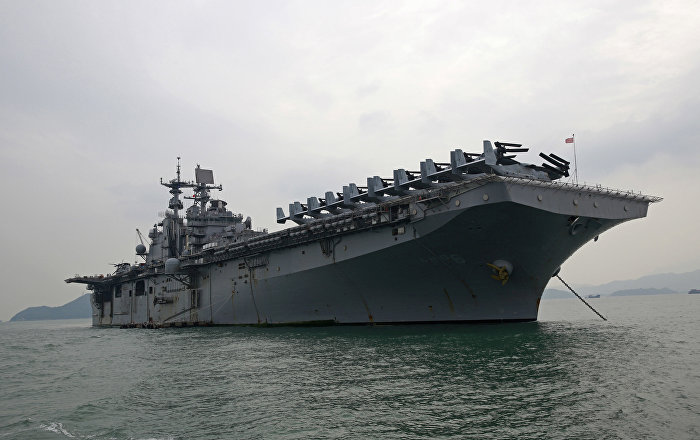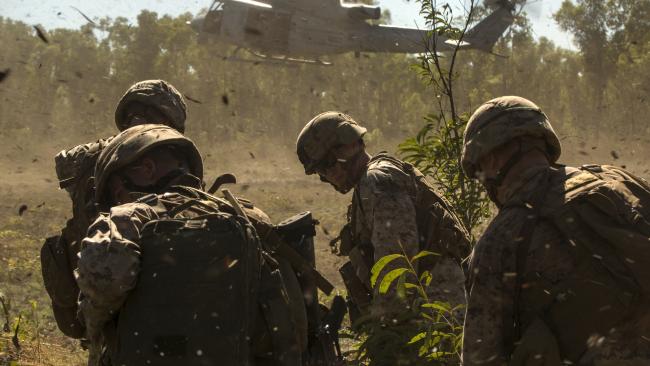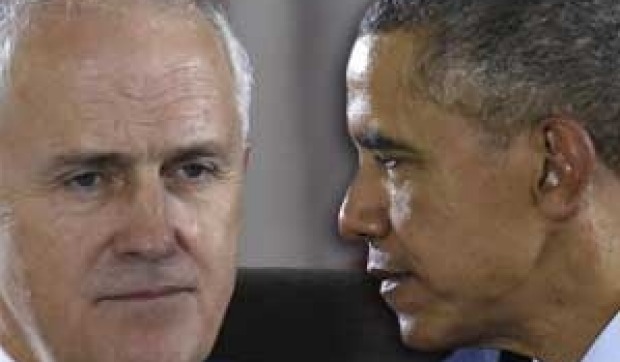
Speaking of Talisman Saber’s symbolic value, Harris told reporters, "I’m pleased about that message it sends to our friends, allies, partners and potential adversaries … I think this demonstrates the importance of alliances in general and the value of this alliance in particular." On Wednesday, the commander made his third trip to Australia in roughly half a year, telling an audience at Brisbane’s Australian Strategic Policy Institute that Washington takes its relationship with Australia seriously, and that the alliance between the two countries could help stop the spread of jihadist extremist groups. Australia is a global leader in the fight against Daesh, he pointed out.




